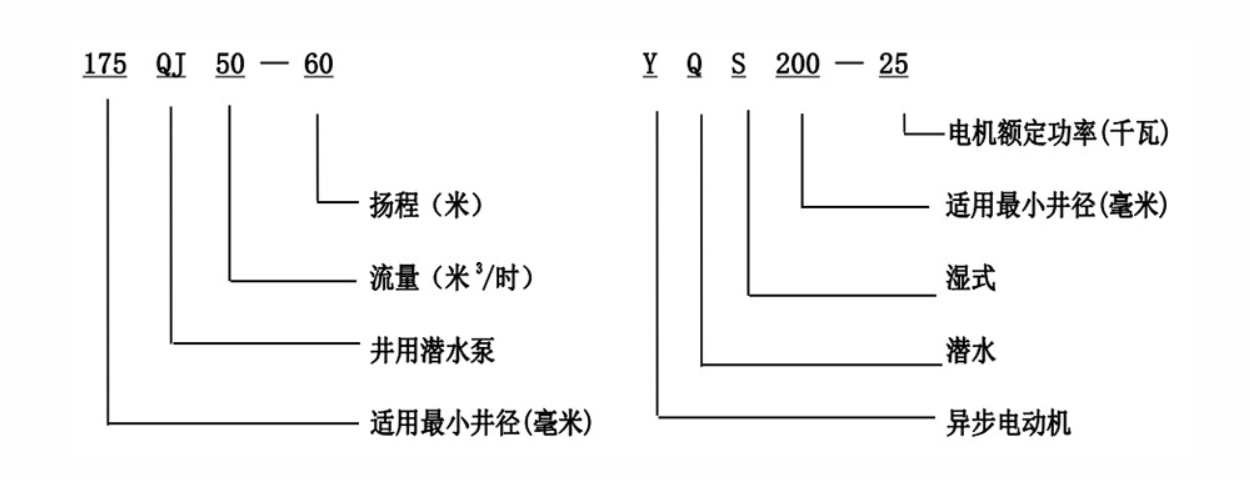Nov . 13, 2024 01:34 Back to list
variable speed deep well pump
Variable Speed Deep Well Pump Revolutionizing Water Management
In the modern era, the efficient and sustainable management of water resources is more critical than ever. With the increasing demand for agricultural irrigation, municipal water supply, and industrial processes, traditional water pumping methods often fall short of meeting these needs efficiently. Enter the variable speed deep well pump—a transformative technology that enhances water extraction efficiency while minimizing energy consumption.
A variable speed deep well pump is designed to operate at different speeds, adapting its performance to the varying demands of water supply systems. Unlike conventional pumps that operate at a constant speed, variable speed pumps utilize advanced control systems that precisely modulate the pump's speed according to real-time needs. This capability offers numerous advantages, particularly in the context of deep well applications.
Efficiency and Energy Savings
One of the primary benefits of variable speed deep well pumps is their enhanced efficiency. By adjusting the pump speed, these systems can optimize energy use, particularly in situations where water demands fluctuate throughout the day. For instance, during peak demand periods, the pump can operate at higher speeds to meet the increased requirement, while at night or during off-peak hours, it can reduce its speed, consequently lowering energy consumption. Studies have shown that shifting to variable speed technology can reduce energy costs by up to 30%, making it a cost-effective solution over time.
Improved Water Quality
In addition to energy savings, variable speed deep well pumps can also contribute to improved water quality. Traditional pumps often lead to over-pumping, resulting in groundwater depletion and increased concentrations of minerals or contaminants. By enabling precise control over water extraction rates, variable speed pumps help maintain stable water levels in the aquifer, minimizing the risk of contamination and ensuring a consistent quality of water.
variable speed deep well pump

Versatility and Adaptability
Variable speed deep well pumps are versatile, making them suitable for a wide range of applications. They are widely used in agricultural settings for irrigation, where water requirements may vary with crop type and growth stages. In municipal applications, these pumps can effectively manage the demands of varying populations, especially in regions with seasonal population fluctuations or during peak consumption times. Industrial uses also benefit greatly, as processes often require precise water levels and flow rates.
Environmental Impact
With the global push towards sustainability, the environmental benefits of variable speed deep well pumps cannot be overlooked. By optimizing energy consumption, these systems reduce carbon emissions associated with water pumping operations. Furthermore, by managing aquifer levels and minimizing excessive withdrawal, variable speed pumps play a crucial role in preserving groundwater resources, contributing to overall ecosystem health.
Conclusion
The variable speed deep well pump represents a significant advancement in pumping technology that addresses the complexities of modern water management. By offering enhanced efficiency, improved water quality, adaptability to varied applications, and a reduced environmental footprint, these pumps are essential tools in meeting the demands of today's water needs. As technology continues to evolve, embracing such innovations is vital for ensuring sustainable and reliable water supply for future generations. Implementing variable speed deep well pumps can pave the way towards more efficient water management systems, ultimately benefiting both the economy and the environment.
-
Submersible Water Pump: The Efficient 'Power Pioneer' of the Underwater World
NewsJul.01,2025
-
Submersible Pond Pump: The Hidden Guardian of Water Landscape Ecology
NewsJul.01,2025
-
Stainless Well Pump: A Reliable and Durable Pumping Main Force
NewsJul.01,2025
-
Stainless Steel Submersible Pump: An Efficient and Versatile Tool for Underwater Operations
NewsJul.01,2025
-
Deep Well Submersible Pump: An Efficient 'Sucker' of Groundwater Sources
NewsJul.01,2025
-
Deep Water Well Pump: An Efficient 'Sucker' of Groundwater Sources
NewsJul.01,2025
-
 Submersible Water Pump: The Efficient 'Power Pioneer' of the Underwater WorldIn the field of hydraulic equipment, the Submersible Water Pump has become the core equipment for underwater operations and water resource transportation due to its unique design and excellent performance.Detail
Submersible Water Pump: The Efficient 'Power Pioneer' of the Underwater WorldIn the field of hydraulic equipment, the Submersible Water Pump has become the core equipment for underwater operations and water resource transportation due to its unique design and excellent performance.Detail -
 Submersible Pond Pump: The Hidden Guardian of Water Landscape EcologyIn courtyard landscapes, ecological ponds, and even small-scale water conservancy projects, there is a silent yet indispensable equipment - the Submersible Pond Pump.Detail
Submersible Pond Pump: The Hidden Guardian of Water Landscape EcologyIn courtyard landscapes, ecological ponds, and even small-scale water conservancy projects, there is a silent yet indispensable equipment - the Submersible Pond Pump.Detail -
 Stainless Well Pump: A Reliable and Durable Pumping Main ForceIn the field of water resource transportation, Stainless Well Pump has become the core equipment for various pumping scenarios with its excellent performance and reliable quality.Detail
Stainless Well Pump: A Reliable and Durable Pumping Main ForceIn the field of water resource transportation, Stainless Well Pump has become the core equipment for various pumping scenarios with its excellent performance and reliable quality.Detail
